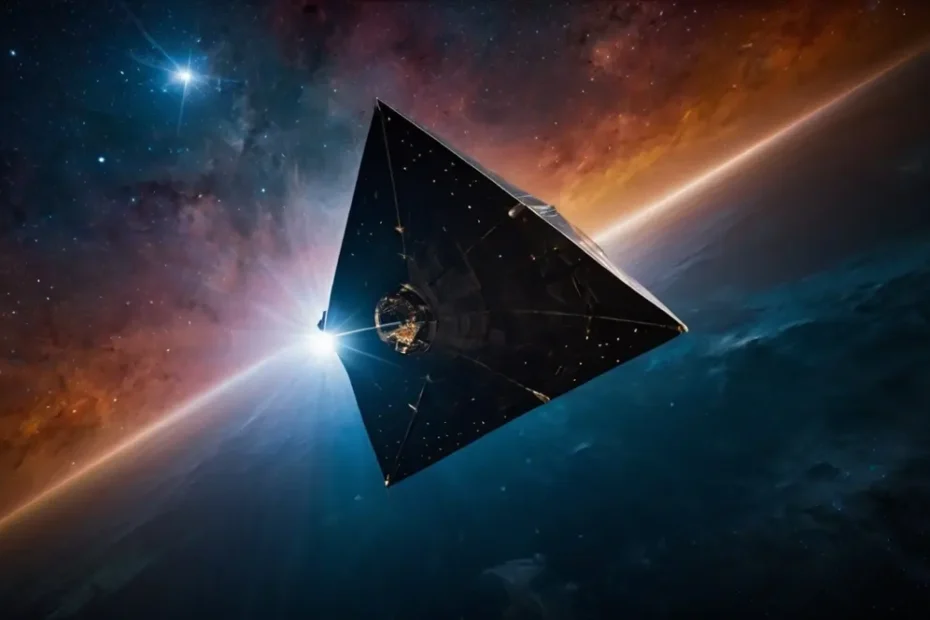The vastness of space has long captured the imagination of humankind. In a time span that would be equated to the swiftness of a runaway horse, we went from the first moon landing to the present operational rovers on Mars. Today we find ourselves in a new era – one of breakthroughs promising to reshape the way we explore, utilize, and understand the cosmos. To that end, this blog dives deep into how Revolutionizing Space Tech is setting the stage for humanity’s next great leap.
Evolution of Space Technology
During the Cold War, space exploration began as a race among nations. From Sputnik 1 in 1957 to this more collaborative and multi-faceted industry, there have been so many milestones involved:
- 1969: The moon landing by Apollo 11 that created history.
- 1981: Launch of the first reusable spacecraft, Space Shuttle, by NASA.
- 1998: International Space Station- The success story of international cooperation.
Today, space tech no longer remains the monopoly of government agencies. Private enterprises, universities, and startups are innovating at lightspeed.
Space Tech Innovations
1. Reusable Rockets Revolutionizing Affordability :
Indeed, reusable rockets revolutionized the economics of space exploration. SpaceX demonstrated this through its Falcon 9 and Starship rockets that reusability could drastically slash costs linked to launches.

- Working: In rockets, after depositing payloads, they return to earth to become recovered and recyclable for reuse.
- Impact: It makes it difficult to access space for small organizations and countries due to its astronomical mission costs.
2. Satellite Miniaturization
Miniaturization of satellites-Spanish term called “CubeSats or nanosatellites”-is a game-changer. Such small, inexpensive satellites allow many new applications.
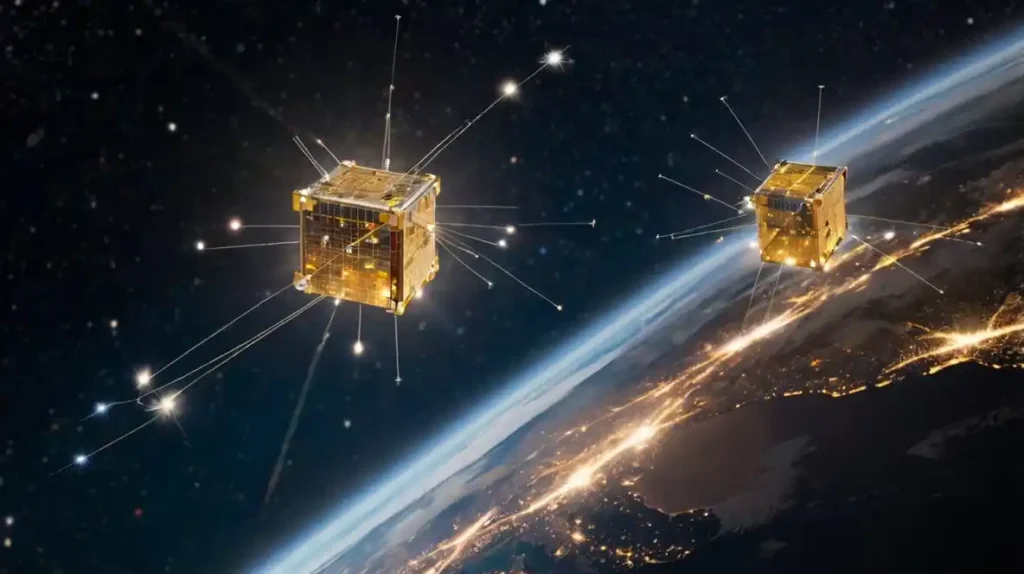
Applications:
- Earth observation for climate monitoring.
- Global internet coverage (e.g., Starlink).
- Real time imaging for disaster management.
Future potential: As thousands of CubeSats are planned to be launched, it creates a dense network with a significant information-sharing capability.
3. Space Tourism: The New Frontier
Space tourism is no longer something that will only pass in our dreams someday. Companies such as Blue Origin and Virgin Galactic have already successfully completed suborbital flights with civilians on board.
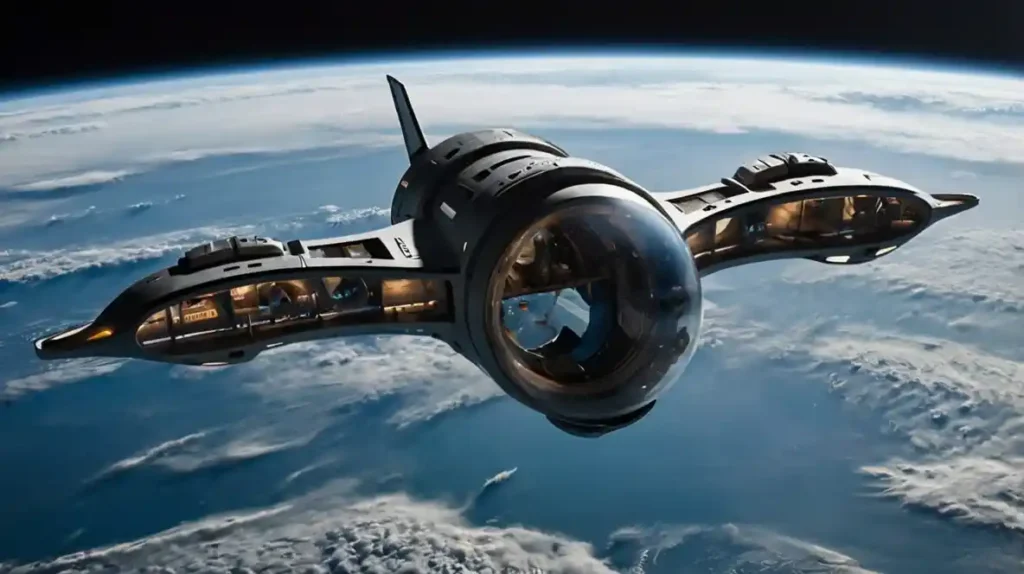
Challenges:
- The tickets are only affordable to a few super-rich individuals due to the high pricing.
- There is always a huge concern related to safety and environmental impact.
- Future Vision: Space tourism may become relatively more affordable and widespread within the coming decades
4. Artificial Intelligence in Space
AI is revolutionizing space tech when applied for autonomous spacecraft navigation and analysis.

Applications of AI:
- NASA’s Perseverance rovers employ AI in order to self-guide the exploration of Mars
- Satellites enabled by AI with effects occurring on Earth’s surface in real-time.
- AI-based spacecraft detect hazards and avoid them
5. Lunar and Martian Exploration
The Moon and Mars are the two best locations, which the world targets as the new destination for further exploration. The attempts include NASA’s Artemis- a mission that sends humans to the Moon during the 2030s and creates a sustainable human presence on the Earth’s natural satellite.

Innovations
- Habitats: Development of advanced habitats for extended stays.
- 3D printing: Capacity to print structures using regolith or Martian soil.
- In-situ resource utilization (ISRU): Extract water and oxygen from native sources.
- Impact: These missions form major milestones in the advancement of interplanetary travel.
Private Companies’ Role
Private ventures are leading the revolution in space tech with some bold initiative:
1. SpaceX
Founded by Elon Musk, SpaceX is currently in the lead among the creation of new spacecraft, including fully reusable Starship, an interplanetary travel vehicle.
Goals
- Send humans to Mars
- Make space travel like air travel
2. Blue Origin
Founded by Jeff Bezos, Blue Origin is looking for creating the infrastructure for space exploration.
Key Programs
- New Shepard for sub-orbital space tourism.
- New Glenn Heavy-lift Rocket for deep space launch
3. Rocket Lab
- Rocket Lab is one launch service provider concentrating on small satellites launches and working on a reusable rocket system.
- Innovation: Its Electron rocket is optimized for affordable small payload launches, thus enabling more missions.
- Challenges in Revolutionizing Space Tech
The innovations, however exciting, pose enormous challenges:
1. Space Debris
Satellites proliferation has increasingly become a source of space debris, thus threatening operational spacecraft and subsequent launches.
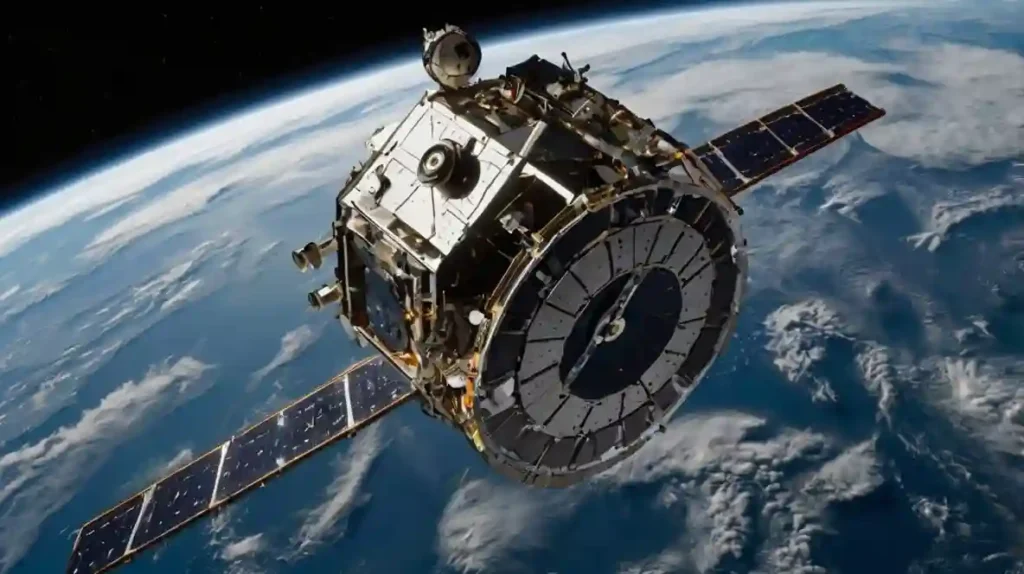
Solutions:
- Debris removal technologies include nets and harpoons.
- Norms on deorbiting nonfunctional space satellites
2. Sustainability
Space travel has much environmental impact. A rocket will always discharge greenhouse gases into the atmosphere, and mining of resources from outer space poses ethical questions.
Innovation for Sustainability:
- Green propellants
- Reusable spacecraft that would reduce in-rate waste disposal
3. Legal and Ethical Issues
- With private space activities expansion, comes an issue of ownership liability, and fair access to these space resources
- A Call for Regulation: How this challenge will be met by the international communities, because “the times, they are a-changing”
Horizons of the Future: What’s Next in Space Tech?
1. Race to Mars
The final destination sought by most of the space agencies and private organizations is the red-colored earth-like planets. Human missions to Mars can only be reached when propulsion, life support, and shielding against radiation are achieved.
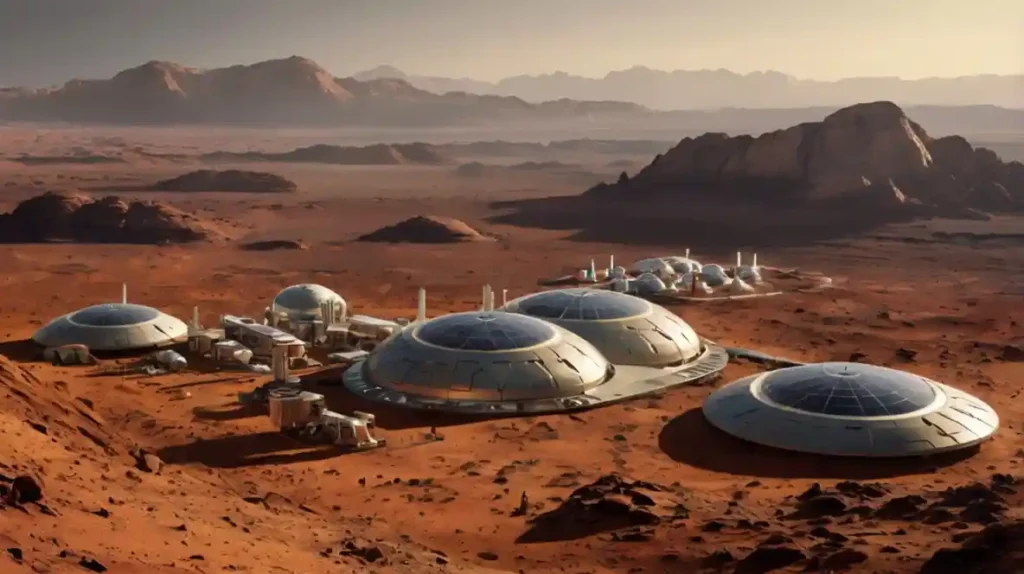
2. In-Space Factories
Manufacturing in microgravity will change the world. The possibility of creating high-quality materials like fiber optics becomes a reality even for growth of human organs for transplantation.

3. Asteroid Mining
Vast amounts of precious metals and other resources are available to be extracted from asteroids. Companies such as Planetary Resources are currently investigating how to mine such asteroids into fuel for the next industrial revolution.

4. Interstellar Travel
Technology of the Future: This includes developments like solar sails and nuclear propulsion that could, one day, take us beyond our solar system.
Space Tech Matter Revolution Breakthroughs
- The space tech breakthroughs are not just explorations. They have tremendous implications on life on Earth.
- Economic Impact: The global space economy adds billions to it.
- Scientific Breakthroughs Space exploration yields breakthroughs in material science, robotics, and much more.
- Space Exploration brings humanity together, which inspires generations that come after it to reach for the stars.
Conclusion: Future Vibrant
The pursuit of revolutionizing space tech drives humanity to an awesome bright future. The reusable rockets and AI-orientated space products do not merely function or impress but act as foundational steps for interstellar ambitions tomorrow.
It will be in these cutting-edge technologies, like the coming together of private companies, governments, and scientists, that will take us not only to space but redefine what it means to be human in the process. The stars are no longer unattainable. With revolutionary space tech on the near horizon, they’re closer than ever. Ready to take the next step with humanity into the cosmos?
Macrotechy brings you the latest tech updates and solutions, keeping you informed and ahead in the digital world.
